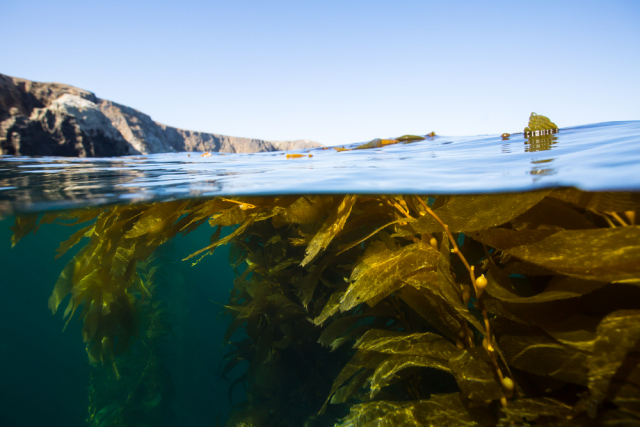The destruction of the world’s rainforests has long been an environmental concern. While the impacts of climate change are also being felt in the world’s oceans and are well documented in relation to the disappearance of coral reefs, there is another type of plant colony that is being overlooked – algal forests.
The latter are of great cultural and socio-economic importance as they are directly consumed as food, used as fertiliser for land-based crops and provide food and health supplements such as alginate.
About 740 million people live within 50 kilometres of kelp growing areas. Charles Darwin himself compared the kelp forest in South America to the rainforest, drawing an analogy between the two because of how they provide habitat for a multitude of species. A study conducted in Norway found: an average of up to 80,000 organisms per algae stalk. Despite this, the number of kelp is decreasing across the planet.

